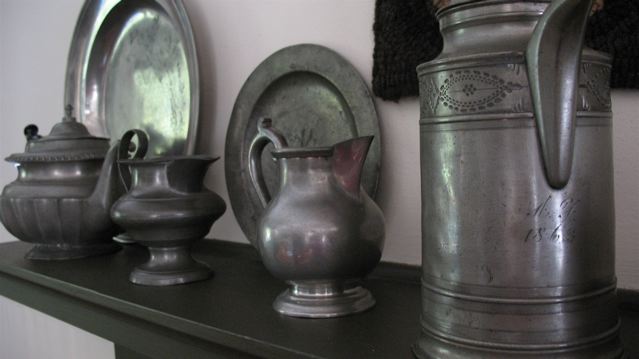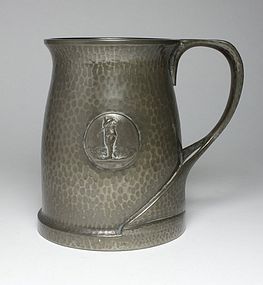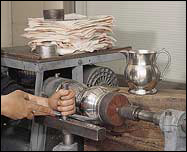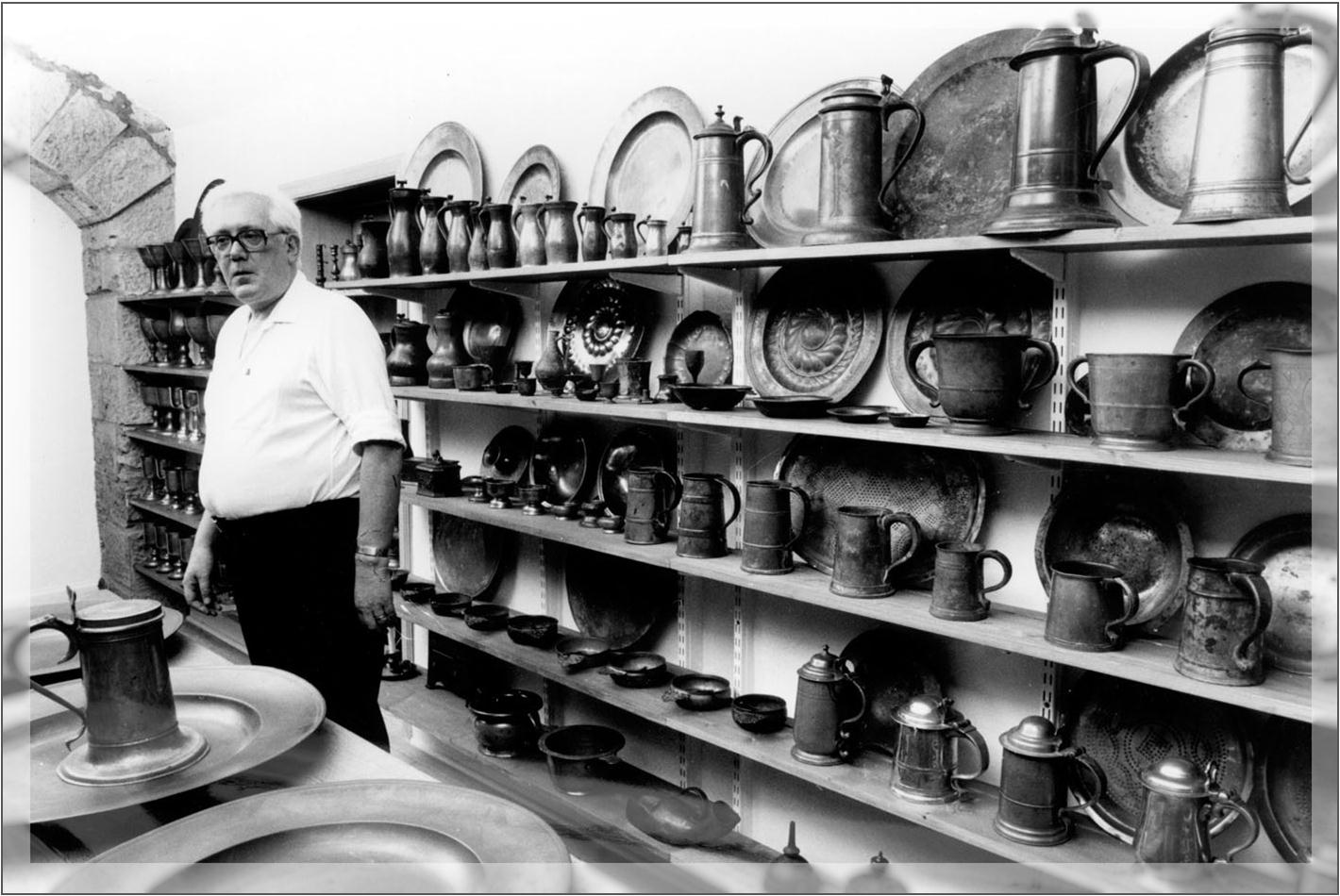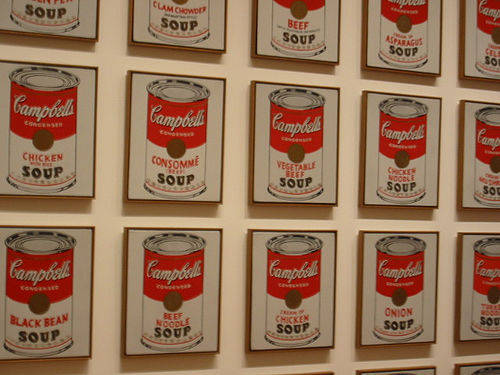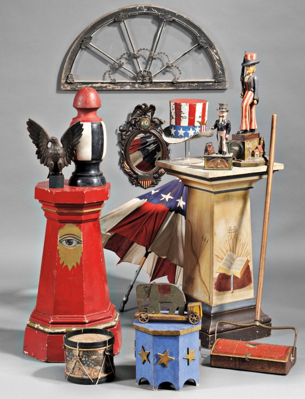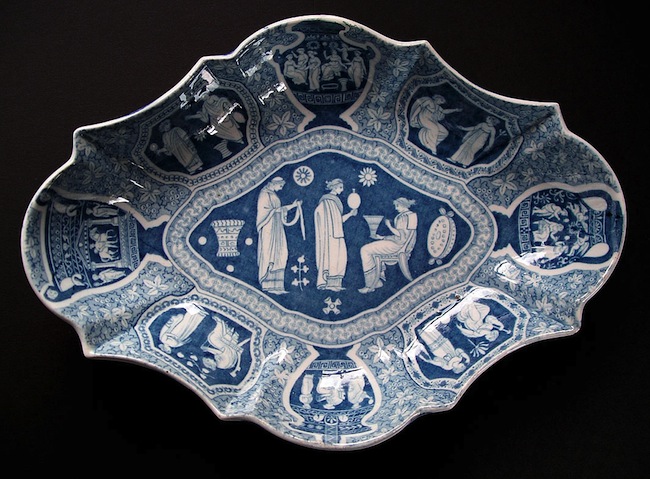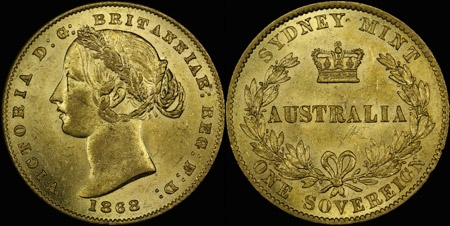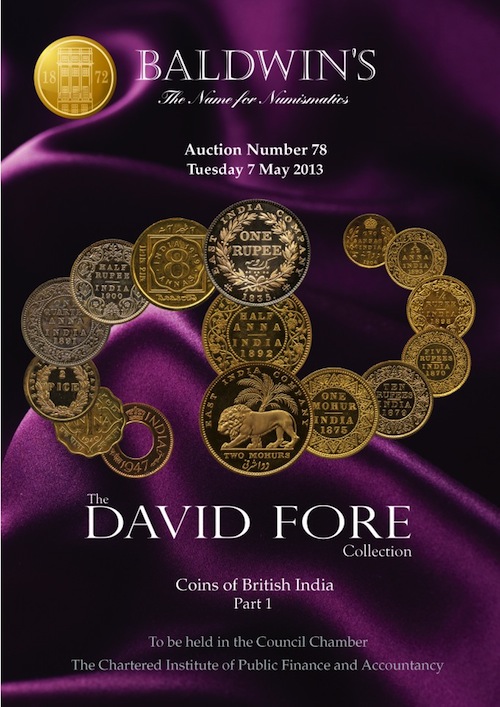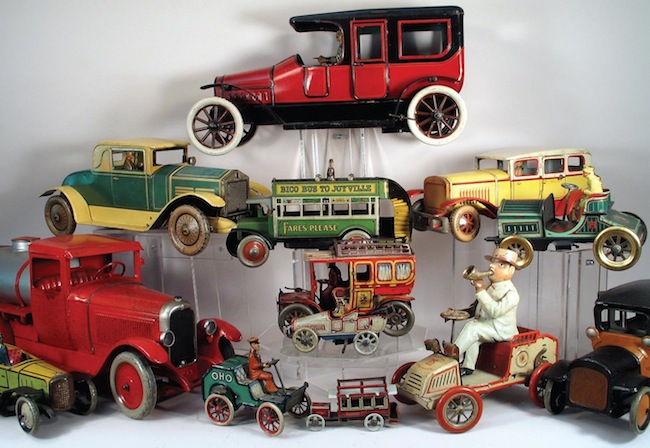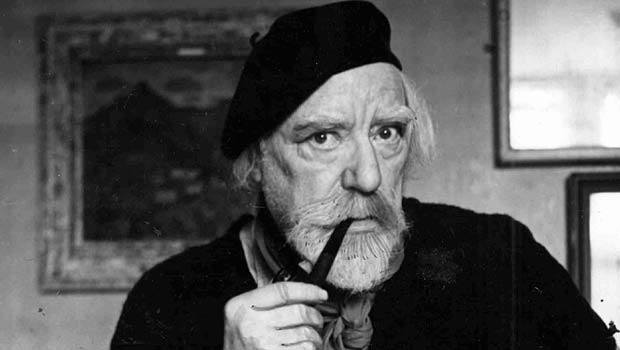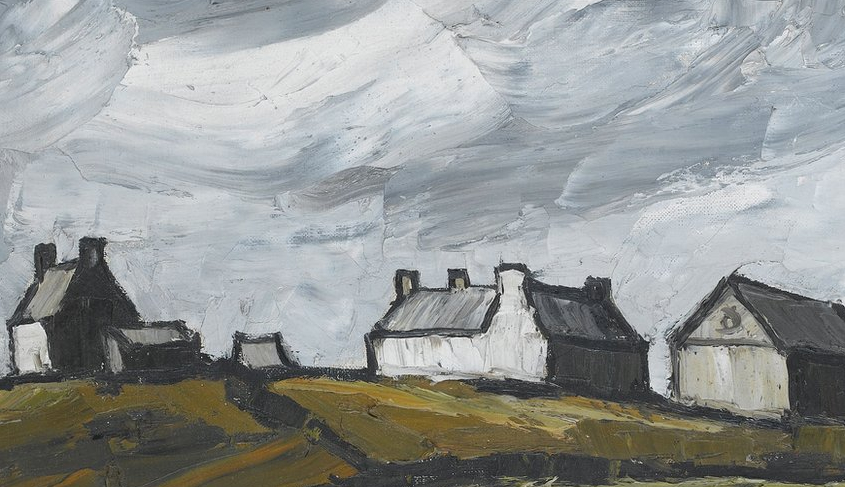It is from this century that most budding enthusiasts will start their collection and many will not venture much further because of the varied subject matter and the ready availability of items.
Pub tankards, mugs and measures were made all over the country in the 19th century: although mass-produced crockery had largely taken over from metal plates and dishes, glass had not yet done the same for drinking vessels.
Hollow-ware comes in a variety of styles and the collector can amass a fascinating collection based on body shapes, handle designs and marks. Many mugs and beakers are also inscribed on the base or the body with the name of the pub or hotel where the item was used and often with the name or initials of the publican. This can be the start of a spin-off activity for collectors as they travel around to see if the pub still exists and research its history.
Of course, there were other items associated with this industry too – funnels, drainers, coasters, etc., all of which can still be found.
Domestic items were made from pewter too and the Victorians had a love of ornate forms which translated well into tablewares. Of course, silver was still the choice of the wealthy but the advent of Britannia metal, a form of pewter which could be worked on an industrial scale in the new factories and which could also be plated, meant that silver forms could be copied and the emerging middle and artisan classes could share in the new fashions. Sheffield became a centre for the production of these wares and the mark EPBM for electro-plated Britannia metal is often found on the bases of teapots, jugs, etc.
There is a wealth of Sheffield tea and coffee pots and associated wares to choose from. Other centres of mass production were Birmingham and London
Candlesticks were made by many 19th century manufacturers and are a popular item for collectors. Although early forms are the most desirable, they are also rare and hugely expensive, making these later versions more desirable.
There are lots of other Sheffield-made pieces to collect, from tobacco jars to snuff and vesta boxes, pin-cushions to thimbles, vases, shaving mugs, cruets, ink-stands and even church flagons.

